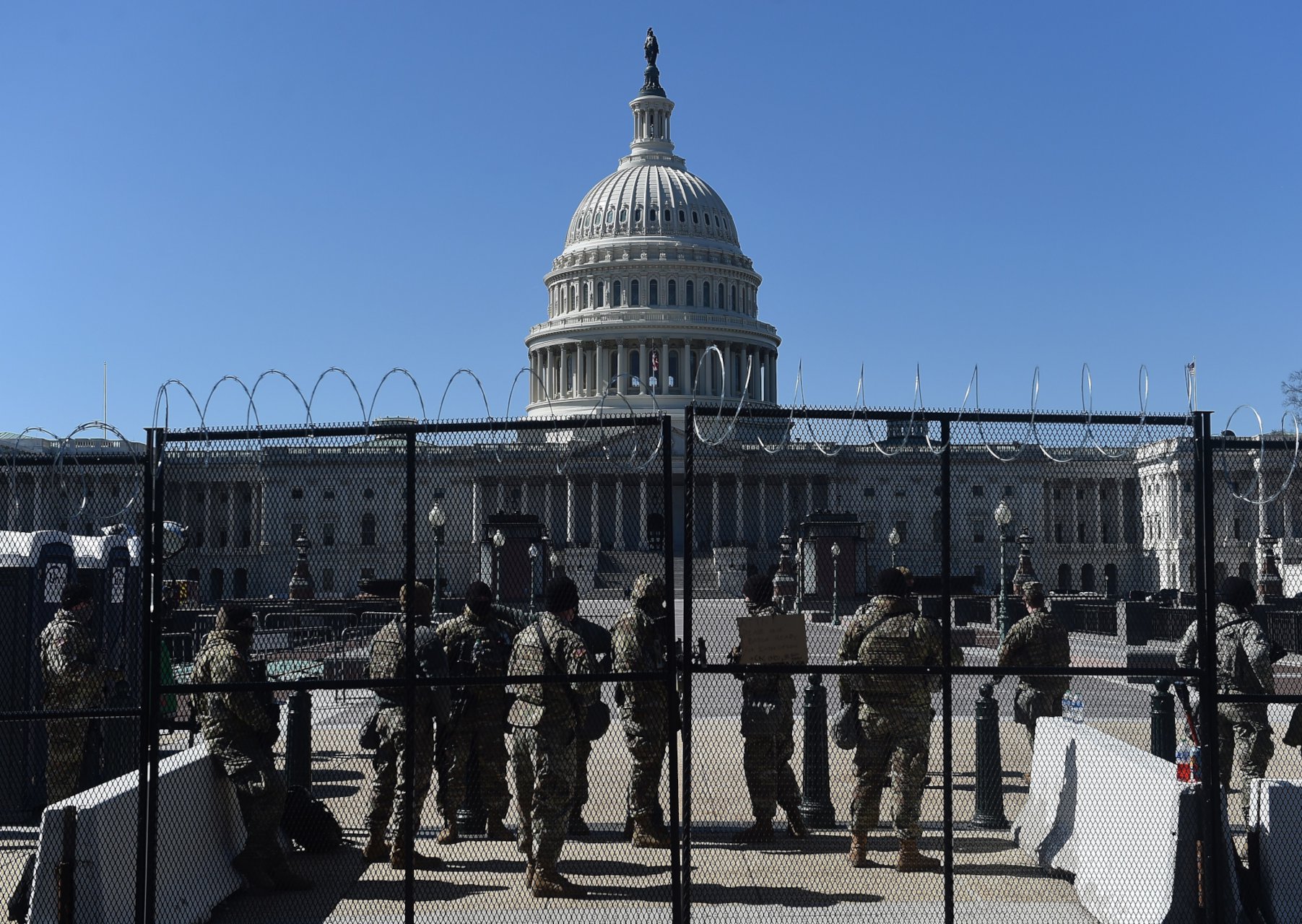Our Week in Review, a newsletter emailed to subscribers every Friday. To subscribe, sign up here.
In late 2020, I began reading Vincent Bevin’s “The Jakarta Method.” It was not light summer reading. Bevins tells the story of the 1965 Indonesian mass killings, following an apparent left-wing coup attempt in which six generals were slain. In response, up to a million people were slaughtered by the Indonesian army and vigilante groups in an explosive anti-communist purge — to the continuing eager encouragement of the American and British intelligence officers who supplied them with the tools to do it.
The entire affair remains one of the Cold War’s most disturbing episodes, but I found certain details disquieting for reasons beyond the obvious. As part of the clandestine support they provided for the perpetrators, CIA and British officials helped spread their disinformation. The generals killed in the initial coup attempt had in fact been shot, but the army and their Western backers instead promoted lurid claims that they had been killed only after their sexual mutilation in a satanic ritual performed by nude feminists. The claims spread like wildfire.
These particular details stuck out to me because the claims sounded so familiar. At the time that I read them in 2020, similar lurid and outlandish claims of satanic ritual torture were spreading rapidly, and I was spending more time than is healthy immersed in them. I’m talking, of course, about QAnon. Under the viral hashtag #saveourchildren, what had seemed to be a fringe element of the Trumpian right was going global. There were protests organized by QAnon believers in Germany, Italy, Japan and Scotland, where I reported on them. All were animated by salacious tales of ritual child sacrifice by a cabal at the heart of the shadowy “Deep State.” And they promised that the American military would soon topple the Deep State in a single sweep of rapturous violence they called “The Storm.” What I didn’t realize at the time was that, while the idea of the Deep State had been imported from the U.S., America, in turn, had imported it from elsewhere.
Which brings me to a piece we published in New Lines this week authored by Josef Burton, a former American diplomat who worked in Turkey during the Trump administration. Turkey, Burton explains, is where the term “Deep State” originated. The meaning of the term in Turkey is not that different from how it’s defined in America — “a shadowy parallel system of power, not the power structure that you can openly see.”
But unlike in America, in Turkey the Deep State is a very real and documented phenomenon. Burton writes:
“Parliamentary investigations in Turkey in the early 2000s confirmed the existence of whole military units and intelligence bureaus whose very existence was unknown to the elected government. Some Deep State structures, like the national gendarmarie’s secret intelligence unit JİTEM, have been fully exposed. For others, mystery remains.”
So it is not without irony that, as Burton notes, believers in QAnon have a surprising amount in common with the Turkish Deep State. Like Indonesia, Turkey was a key Cold War battlefield for the CIA. With their backing, the country’s secretive military units quietly killed hundreds of leftists, trade unionists, students, journalists and Kurds in the name of stopping communism.
The QAnon movement’s own anti-communism is relatively underexplored, but Burton correctly identifies it as an integral part of its adherents’ worldview. He also notes that many of those who believe in, or at least promote, the conspiracy theory have military experience — including retired Gen. Mike Flynn, one of its earliest adopters whose ties to Turkey point to him as the man who popularized the term in Trump’s administration. Flynn, Burton points out, was educated at the same Special Warfare Center where anti-communist death squads had been trained a generation before.
“With their infiltration of the military and the security services, contempt for democratic processes and willingness to use political violence,” Burton concludes, “The anti-Deep State conspiracists in the United States are well on their way to creating the unauthorized and unknown networks of power that the term Deep State was coined to describe.”
In other words: One way we can understand QAnon is the violence of the Cold War coming home.
Of course, neither the Turkish nor Indonesian parallels offer a complete analogy for the QAnon movement. In particular, the cultish, mystic elements of their belief system stand out as something entirely different (though no less disconcerting — back in 2020 I spoke to independent researcher Sarah Hightower, who compared QAnon instead to the Japanese terrorist cult Aum Shinrikyo). What they do offer, however, is a clear indication of the need to take the threat seriously. After all, on Jan. 6, 2021, Americans were shown a glimpse of just what a deadly combination political opportunism and lurid conspiracism can be.
From this week (May 9 – May 13, 2022)
How Islam Settled Roe v. Wade Centuries Ago | Read more
Podcast: Bedouin Poetry and Culture Through the Ages | Listen here
A Tribute to Shireen Abu Akleh, a Journalistic Role Model | Read More
The Story Behind the Viral ‘Viking’ Soldier | Read more
Food and Politics: Just Beefing | Read more
Translating the Deep State to America | Read more
Afghan Women Deserve to Be Respected | Read more



